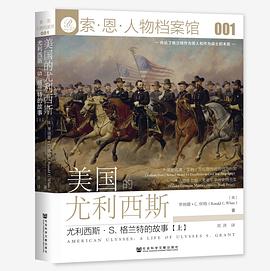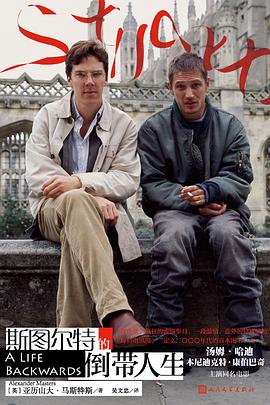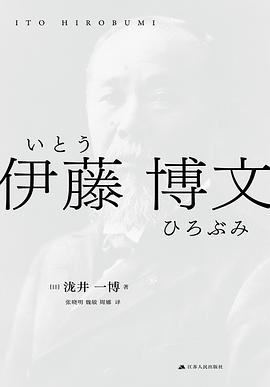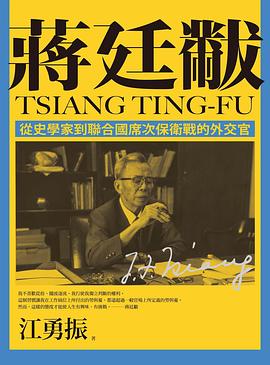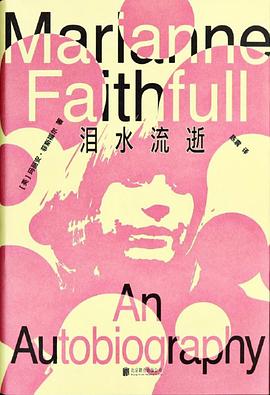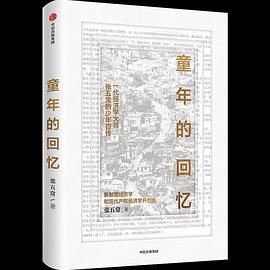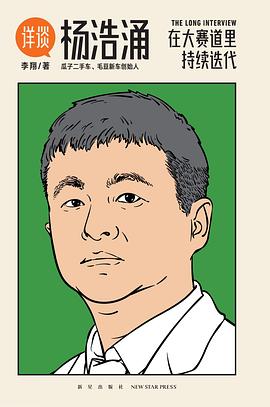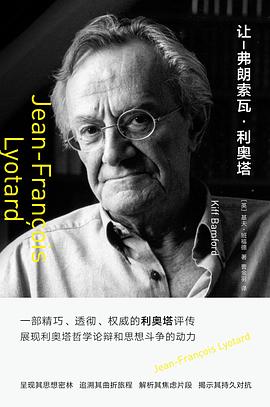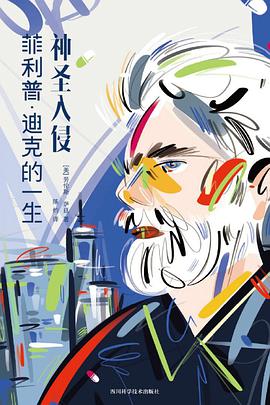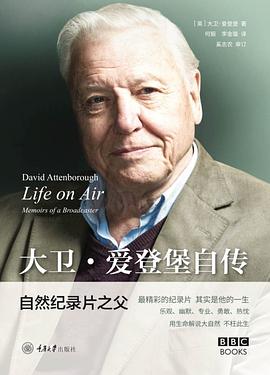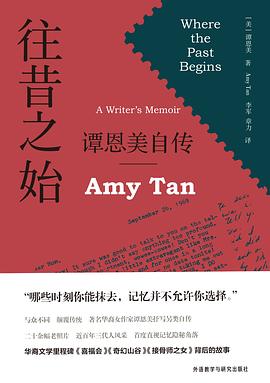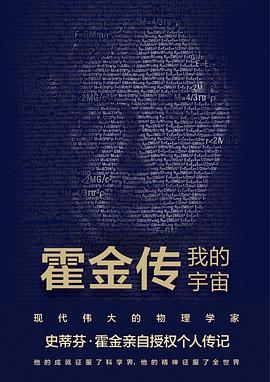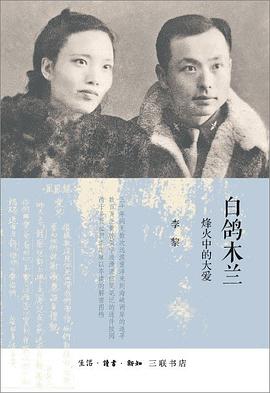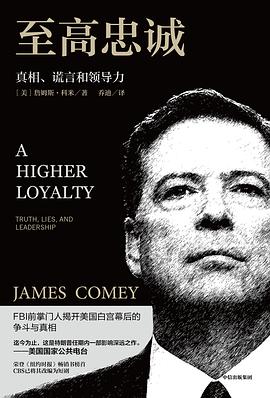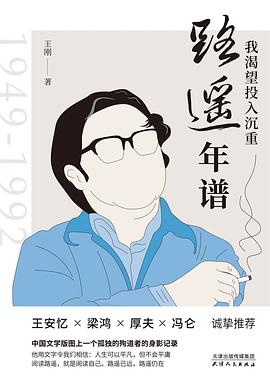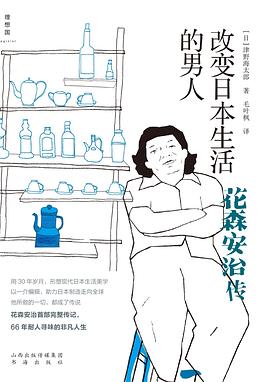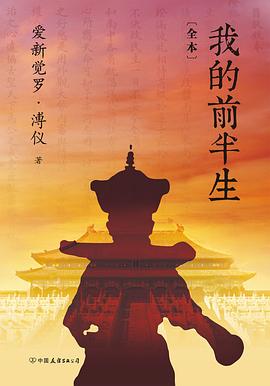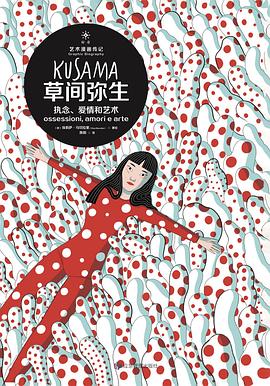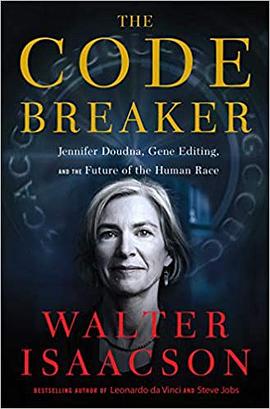
具体描述
The bestselling author of Leonardo da Vinci and Steve Jobs returns with a gripping account of how Nobel Prize winner Jennifer Doudna and her colleagues launched a revolution that will allow us to cure diseases, fend off viruses, and have healthier babies.
When Jennifer Doudna was in sixth grade, she came home one day to find that her dad had left a paperback titled The Double Helix on her bed. She put it aside, thinking it was one of those detective tales she loved. When she read it on a rainy Saturday, she discovered she was right, in a way. As she sped through the pages, she became enthralled by the intense drama behind the competition to discover the code of life. Even though her high school counselor told her girls didn’t become scientists, she decided she would.
Driven by a passion to understand how nature works and to turn discoveries into inventions, she would help to make what the book’s author, James Watson, told her was the most important biological advance since his co-discovery of the structure of DNA. She and her collaborators turned a curiosity of nature into an invention that will transform the human race: an easy-to-use tool that can edit DNA. Known as CRISPR, it opened a brave new world of medical miracles and moral questions.
The development of CRISPR and the race to create vaccines for coronavirus will hasten our transition to the next great innovation revolution. The past half-century has been a digital age, based on the microchip, computer, and internet. Now we are entering a life-science revolution. Children who study digital coding will be joined by those who study genetic code.
Should we use our new evolution-hacking powers to make us less susceptible to viruses? What a wonderful boon that would be! And what about preventing depression? Hmmm…Should we allow parents, if they can afford it, to enhance the height or muscles or IQ of their kids?
After helping to discover CRISPR, Doudna became a leader in wrestling with these moral issues and, with her collaborator Emmanuelle Charpentier, won the Nobel Prize in 2020. Her story is a thrilling detective tale that involves the most profound wonders of nature, from the origins of life to the future of our species.
作者简介
Walter Isaacson, a professor of history at Tulane, has been CEO of the Aspen Institute, chair of CNN, and editor of Time. He is the author of Leonardo da Vinci; The Innovators; Steve Jobs; Einstein: His Life and Universe; Benjamin Franklin: An American Life; and Kissinger: A Biography, and the coauthor of The Wise Men: Six Friends and the World They Made. Visit him at Isaacson.Tulane.edu.
目录信息
读后感
1、 根据我目前的认知,大部分生命活动的调控是精细而复杂的,并非敲除或改变一段序列就能产生显著效果。生命系统的复杂性也预示任意改造一段序列可能会有意外后果。此外,脱靶效应也会限制基因编辑技术的人体应用。所以,大规模的基因设计短时期内还只是个愿景,但早早开始考...
评分想找本一两年内的最新科普书来刷新一下自己,但没找到合适的。倒是看到这本传记口碑不错,觉得书里写的既然是生物科技前沿人物,那多多少少也该有些科普内容吧。 作为人物传记,这本书还是很不错的,没有按年代写流水账,即便是主角Doudna的经历,也是详略得当、重点突出,节奏...
评分 评分1、 根据我目前的认知,大部分生命活动的调控是精细而复杂的,并非敲除或改变一段序列就能产生显著效果。生命系统的复杂性也预示任意改造一段序列可能会有意外后果。此外,脱靶效应也会限制基因编辑技术的人体应用。所以,大规模的基因设计短时期内还只是个愿景,但早早开始考...
用户评价
很好的了解CRISP的科普
评分感觉看了一部宫斗剧?
评分"Great Inventions come from understanding basic science"
评分真是一本一言难尽的书,有点不伦不类的。如果是个传记,那么这是我读过的最失败的传记了,读之前对女主充满了崇拜,读完了几乎好感全无,觉得她好胜心过强。这本书是开始介绍珍妮弗·道德纳的背景求学经历以及如何开始研究RNA ,然后变成了一本CRISPR 科普,又陆续介绍了一群对CRISPR有贡献的科学家,然后开始八卦道德纳和张的CRISPR 专利战,然后又开始讨论基因改造的道德性,然后聊了聊RNA和新冠,最后以得诺贝尔奖结束。其实与其写成传记,不如学成一部纪实文学,从各方面客观的去讲述基因改造的发展更好一些。 让我想八卦的地方是,作者至少在2019年就开始参加一些活动了,应该是在最迟2019就开始着手这本书,那么后来的诺贝尔和新冠只是巧合的话,作者也太好运了。
评分侦探小说一样,好看的简直停不下来,比前一步著作 达芬奇 好看的多,读达芬奇的时候 一直瞌睡。这本书简直停不下来。微积分的发现,大家争来争去,DNA结构的发现,大家争来争去,人类基因组计划,大家争来争去, crisper-cas9,大家争来争去。其实你发现没有,个人的贡献是有限的,没有谁,地球照样转。科学的发现和进步,是一个水到渠成,成千上万的人一步一步做出来的,个人的贡献往往被放大,而更多的人则被忽略。感觉Jennifer是一个很爱抢功劳的人,也许是中国人都zhangfeng有同情。不过她的合作者都疏远了她。鸡血的中国妈妈可以看看,美国也有尖子班,张峰也上补习班的,不过他上的是将荧光蛋白重组表达的相关工作。最不喜欢书里面的thought experiment, 是这本书最大的败笔
相关图书
本站所有内容均为互联网搜索引擎提供的公开搜索信息,本站不存储任何数据与内容,任何内容与数据均与本站无关,如有需要请联系相关搜索引擎包括但不限于百度,google,bing,sogou 等
© 2025 qciss.net All Rights Reserved. 小哈图书下载中心 版权所有


